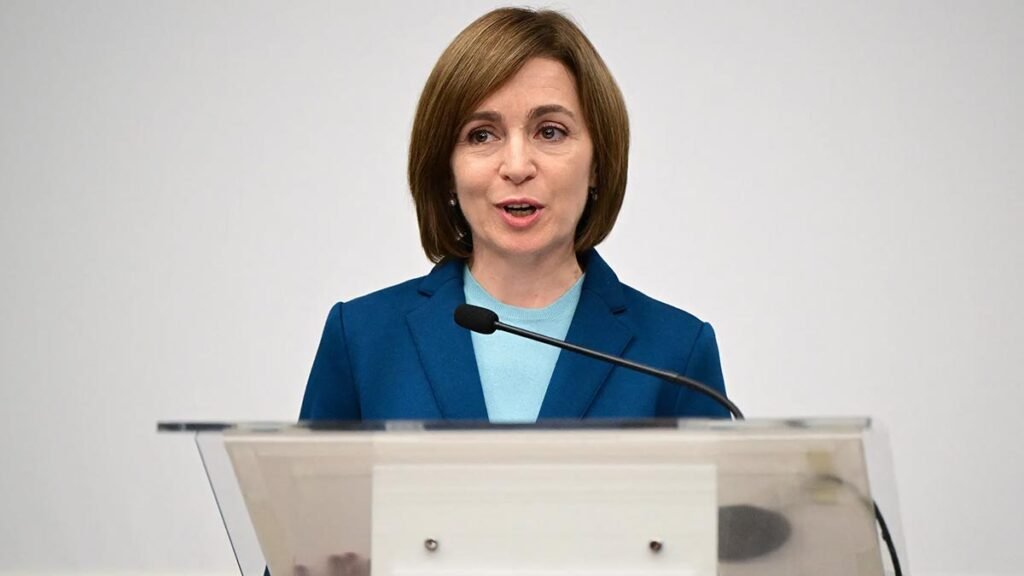In a landmark parliamentary election held on September 28, Moldova’s pro-European Party of Action and Solidarity (PAS) clinched a decisive majority, dealing a sharp political blow to Moscow-aligned forces. With around 50.20 % of the vote and 55 out of 101 seats, PAS secured a governing majority without needing coalition partners.
The election outcome is widely interpreted as a rejection of Russian influence and a strong mandate for Moldova’s EU integration agenda. The main pro-Russian opposition, the Patriotic Electoral Bloc (BEP) led by former President Igor Dodon, captured only 24.17 % and 26 seats — falling far short of expectations.
A Clear Mandate for Europe, a Setback for Russian Influence
President Maia Sandu, whose administration has prioritized alignment with the European Union, hailed the result as a “vindication” of her pro-reform, pro-EU vision. Analysts view this as one of the most consequential votes in Moldova’s post-Soviet history, given that the country has long been viewed as a battleground between Western and Russian spheres.
European capitals swiftly praised the vote. The European Council called it a “victory for democracy,” highlighting the symbolic strength of Moldova’s pro-European electorate in the face of external pressure.
Allegations of Russian Interference and Contention over Voter Access
The election was contested by allegations of interference from Moscow, including cyberattacks, hybrid information campaigns, bomb threats, and claims of vote-buying. Moldovan authorities said they thwarted numerous attempts to destabilize the process.
One significant point of contention was the limited access afforded to Moldovan citizens living in Russia. Only two polling stations were established in Russia for Moldovan nationals, drawing sharp criticism from the Kremlin, which accused Chisinau of disenfranchisement. Russian estimates put the Moldovan diaspora in Russia at around 500,000, though only about 4,000 votes were cast there — the overwhelming majority reportedly favoring the pro-Russian bloc.
In contrast, Moldovans in Germany had 36 polling stations and cast over 38,000 ballots, mostly in favor of PAS. The imbalance raised questions about equitable access and the fairness of the diaspora vote.
Opposition leaders, including Dodon, promptly denounced the results as manipulated and called for mass protests, accusing the electoral commission of bias and violations.
Challenges Ahead: Governance, Reform, and Geopolitical Pressure
With its clear majority, PAS now holds a rare opportunity to pass legislation on judicial reforms, anti-corruption measures, and EU alignment — without the compromises that coalition politics would require.
Yet hurdles remain formidable. Moldova faces deep socioeconomic strains, including inflation, energy dependency, and public skepticism over the pace and cost of EU convergence.
Meanwhile, Russian actors may intensify covert pressure, from disinformation to hybrid operations, especially given the Kremlin’s strategic interest in undermining EU expansion into its traditional sphere.
In choosing a clearer European trajectory, Moldova may yet become a frontline in wider regional tensions — a test not only of domestic reform leadership but of European resolve in defending democratic sovereignty.


